The 2019 recession and real reasons Nigeria Air failed
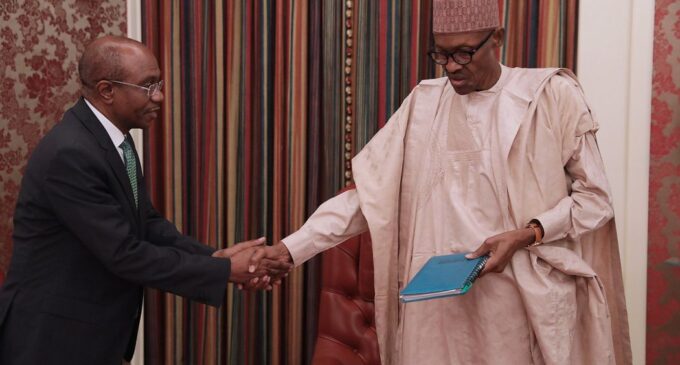
In the past few months, I have tried to study the minds of landmark Nigerian columnists, who have maintained a column for over a decade. I have read their works, their backstories, their interviews, anything I could find about them. From Niyi Osundare, to Wole Soyinka, to Sonala Olumhense, to Segun Adeniyi, to Mohammed Haruna, to Simon Kolawole, to Mahmud Jega, to Pius Adesanmi, and to the witty Reuben Abati.
Why did I undertake this study? Simple; I was trying to understand how you write the same things about Nigeria for years and not get depressed in the process. The same thing you spoke about five years ago is happening again, and the leaders still walk blindly into the problem like they have never heard of it.
I have still not found a satisfactory answer. So today, I write again; same Nigeria, same problems. But before I continue, let me say strongly that Nigeria needs more feminine voices in the media space, especially as deft columnists.
WHY NIGERIA AIR FAILED
In 2016, a few months after the appointment of Rotimi Amaechi as minister of transportation, and Hadi Sirika as minister of state for transportation, it emerged that there were some friction between both men, as Sirika insisted that he is not like every other minister of state, he is the minister of aviation. One with a specific portfolio.
Knowing Sirika’s bromance with Muhammadu Buhari from the days of Congress for Progressive Change (CPC), the minister was able to establish his presence as a main minister and went on with bold projects. One major statement was the shutdown of the Nnamdi Azikwe Airport in Abuja for repairs in 2017.
By January 2017, Sirika assured Nigerians that the national carrier will begin operations by the end of 2017. He said “the national airline will be one that the government will have no hand in; normally it can have three percent… so it is time-consuming but I hope very soon before the end of the year we will have a very strong viable national airline.”
Sirika failed on that promise at the opportune time. By 2018, few months to a general election, the dream was resuscitated, this time, the government wanted five percent stake, and in the process, hundreds of thousands of dollars were funneled into unveiling a plan and a foreign-designed logo.
I stated my reservations about the Nigeria Air and concluded that it was not going to work due to the political reality within the country. I stated that “foreign investors, expected to partner with Nigeria on the national carrier are not getting any good signals to do so. The aviation business environment is hostile. Recent statements by Abubakar Malami, attorney general of the federation, blatantly ignoring the rule of law on the release of Sambo Dasuki, shows the world that we do not care about the laws.”
I also added that the politics of 2019 is the biggest threat to Nigeria Air. With the Buhari-Saraki drama of the past few months, any investor is thinking; If Buhari loses, what becomes of the plan? The strongest opposition in the country, PDP, has already called the project a scam. If they win, it would not matter if the government owns five percent or 95 percent — down goes the airline.
So if Lai Mohammed says no investor wanted in, and Sirika says otherwise, it really does not matter, we all saw it coming. No one will invest in an airline they know is subject to the political will of a country without political will.
THE 2019 RECESSION AS A BLAST FROM THE PAST
President Muhammadu Buhari is on the way to breaking his own record, if Nigeria relapses into an economic recession in the last quarter of 2018 or the first quarter of 2019. The last time Nigeria had two economic recessions in a space of three, four years, was within 1983 to 1986.
Buhari took power from Shagari in the midst of an economic recession in 1983, and supervised the recession until his exit in 1985, which also coincided with an exit from the recession. By 1986, after Buhari left power, Nigeria relapsed into another recession — and that phenomenon has not repeated itself in over 30 years.
In 2016 (with Goodluck Jonathan as the new Shagari), Buhari supervised a recession his government claims was birth by the Jonathan administration. Just like 1984/85, Buhari got Nigeria out of the recession again in 2017, but if Nigeria falls into another recession in 2018/2019, then 1985/86 will only be repeating itself.
Love or loathe the Central Bank of Nigeria (CBN), its monetary policy committee does not joke with data and telling the forecast the way it sees it. In September 2015, Godwin Emefiele, governor of the bank, said Nigeria may fall into a recession in 2016.
“Having seen two consecutive quarters of slow growth, the committee recognised that the economy could slip into recession in 2016 if proactive steps were not taken to revive growth in key sectors of the economy,” Emefiele said after the September MPC meeting. Proactive steps were not taken and Nigeria slid into its worst recession in 29 years!
On Tuesday, the same monetary policy committee said in a communique that it has seen the dark cloud in the horizon and has warned again that the country could relapse into another recession.
“The committee was concerned that the exit from recession may be under threat as the economy slowed to 1.95 and 1.50 percent in Q1 and Q2 2018, respectively,” Emefiele said in Abuja on Tuesday.
Just like 2015, the committee made recommendations to avert the looming recession. The bank’s MPC “urged government to take advantage of the current rising oil prices to rebuild fiscal buffers, strengthen government finances in the medium term and reverse the current trend of decline in output growth.”
Worse than 2015, the government — pre-occupied with the politics of 2019 — will most likely not yield CBN’s warning and watch Nigeria stroll into an economic recession, despite rising oil prices!
Today, Nigeria can still avert the recession on the horizon. The question is: are we going to?
Follow Tijani on Twitter and other major social media platform @OluwamayowaTJ


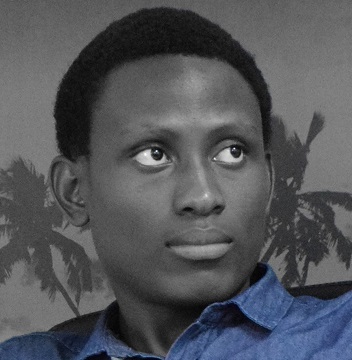




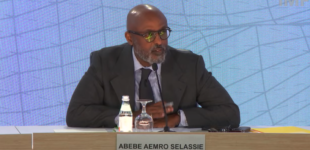

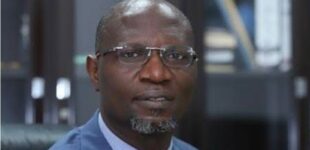
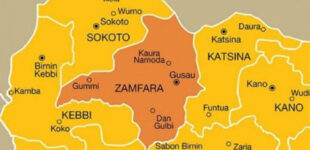




I am glad with your awesome news.